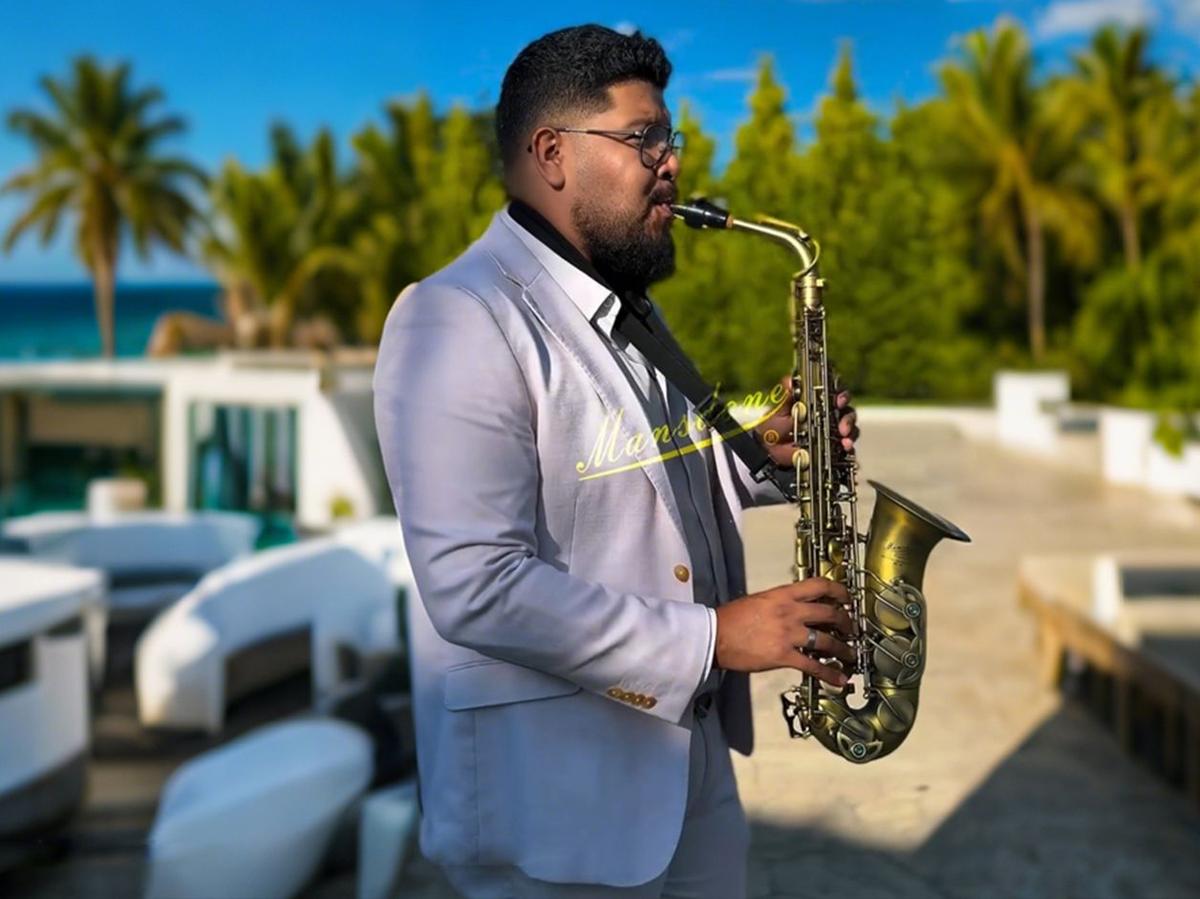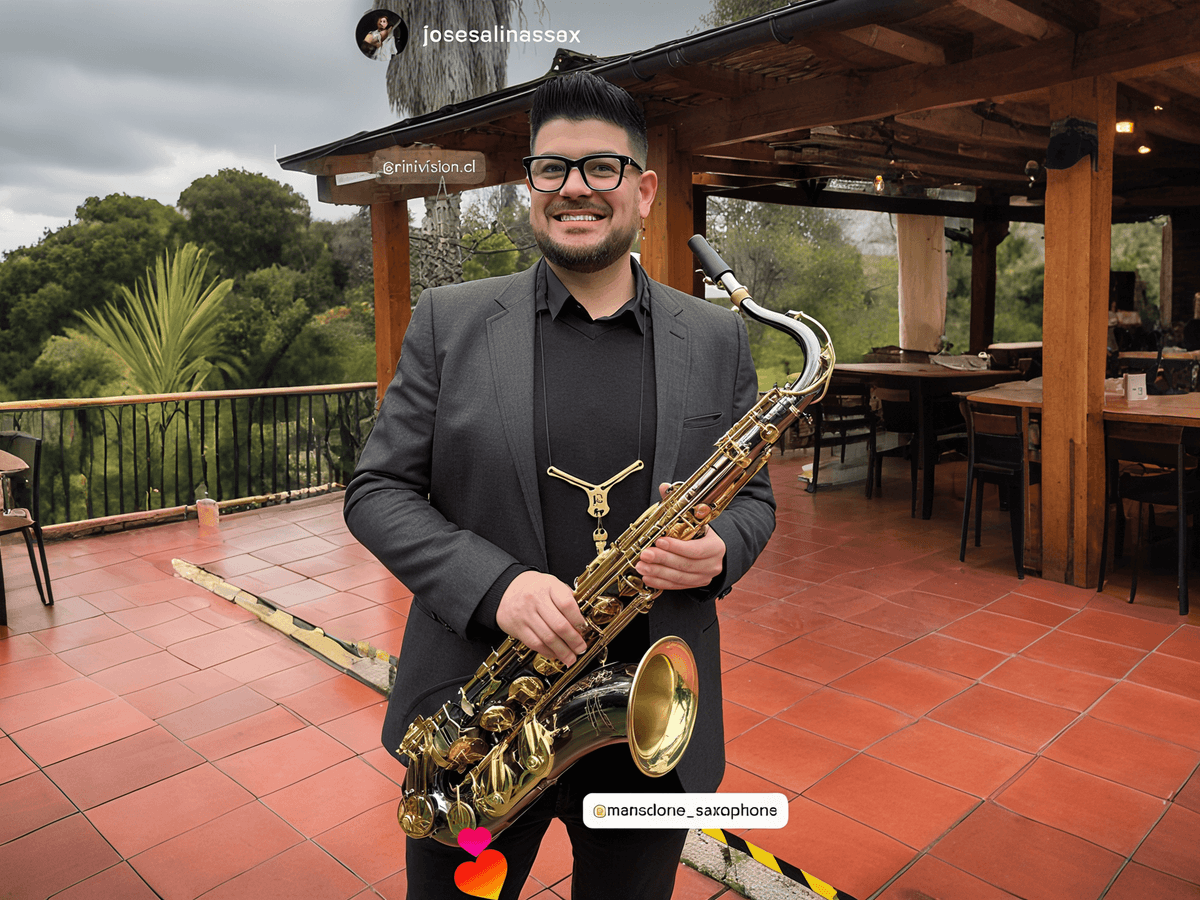Is 19 Too Late to Become a Professional Saxophonist? A Veteran's Unflinching Advice
24-10 2025
 The question, "Is it too late to start playing the saxophone at 19 to become a professional?" is one that carries a weight of ambition and doubt. The collective wisdom from a group of experienced musicians provides a powerful, nuanced, and brutally honest answer: It is far from impossible, but the path is arduous and demands absolute clarity, commitment, and self-awareness.
The question, "Is it too late to start playing the saxophone at 19 to become a professional?" is one that carries a weight of ambition and doubt. The collective wisdom from a group of experienced musicians provides a powerful, nuanced, and brutally honest answer: It is far from impossible, but the path is arduous and demands absolute clarity, commitment, and self-awareness.
The consensus is clear—19 is not too late. One player, who began formal musical training at 16, stands as a living testament. "I had no musical training until I was 16," they recall. "I was lucky enough to live in NYC and study with the best in the world. I think the teacher you study with will make all the difference." This sentiment is the cornerstone of the advice: a great teacher is paramount.
However, the romantic dream of the professional musician is quickly dispelled by the gritty reality. Before you embark on this journey, you must open your eyes to the profession's stark truths:
- Financial Instability: You will never have a steady income.
- The Grind: You must practice every day, relentlessly.
- Uninspiring Work: You will have to play music you hate just to pay the bills.
- Teaching is Key: Most of your income will likely come from teaching, not performing.
- High Costs: Saxophones and their maintenance are expensive.
- Versatility Demands: All pro saxophonists are expected to "double" on other instruments like flute, clarinet, or piano.
- Skill Requirements: You are expected to read difficult music at sight and be able to improvise convincingly.
- Lifestyle Sacrifices: You will work crazy hours and travel extensively for gigs.
- Fierce Competition: You are competing against people who do all of the above, and do it exceptionally well.
The Prescription for Success
If you are ready to accept this reality, then you can proceed. The formula for success is demanding and non-negotiable.
- Find a Master Teacher: Seek out a truly excellent private teacher and be upfront about your goals. Tell them you want to advance as quickly as possible and are committed to putting in the work. A good teacher, knowing you are serious, will focus intensely on the foundational basics.
- Embrace the Grind: At 17, one professional was practicing 5-6 hours a day. You must be prepared for a similar regimen. This might mean a temporary life of "work 8 hours, practice 6, sleep 10." You will be bored. You will have to push through it.
- Focus on the Basics: For the first month or more, your teacher will have you drilling the most important fundamentals. This discipline is what separates amateurs from professionals.
The Two Critical Questions
Your entire potential hinges on your immediate, unhesitating answer to two questions: "Do you have the talent, and do you really want it?"
As one musician bluntly states, "If you hesitated for just a moment on either question, probably nope. If you said 'very yes' to both, then there’s hope." They add a crucial caveat: "Maybe you want it a lot but you also suck. I have no way to know that." Self-honesty is your most valuable tool.
Redefining "Professional"
Your ultimate success also depends on how you define "professional."
- If it means earning a living through gigging, teaching, and local sessions, then yes, it is achievable. Some musicians didn't start until 25 and were earning a living within five years through dedication and smart work.
- If it means playing in a major symphony orchestra, being a top-tier touring session player, or becoming a revered jazz innovator, then the answer is almost certainly no. The musicians who operate at that elite level were typically prodigies or exceptionally advanced players by age 19. The gap in experience, ingrained technique, and musical intuition is simply too vast to overcome starting at 19.
While rare geniuses exist—like the college student who started at 16 and surpassed all his teachers by 20—they are the extreme exception, not the rule. For the 99% of professional musicians, success is built not on innate genius, but on relentless work, perseverance, and a clear-eyed understanding of the business.
The Verdict: Go for it, but go in with open eyes. The worst outcome is that you discover it's not your path and gain a wonderful hobby. The best outcome is that you build a life in music, on your own terms. The only way to know is to begin.

This article is provided by Mansdone Brand Marketing Department!